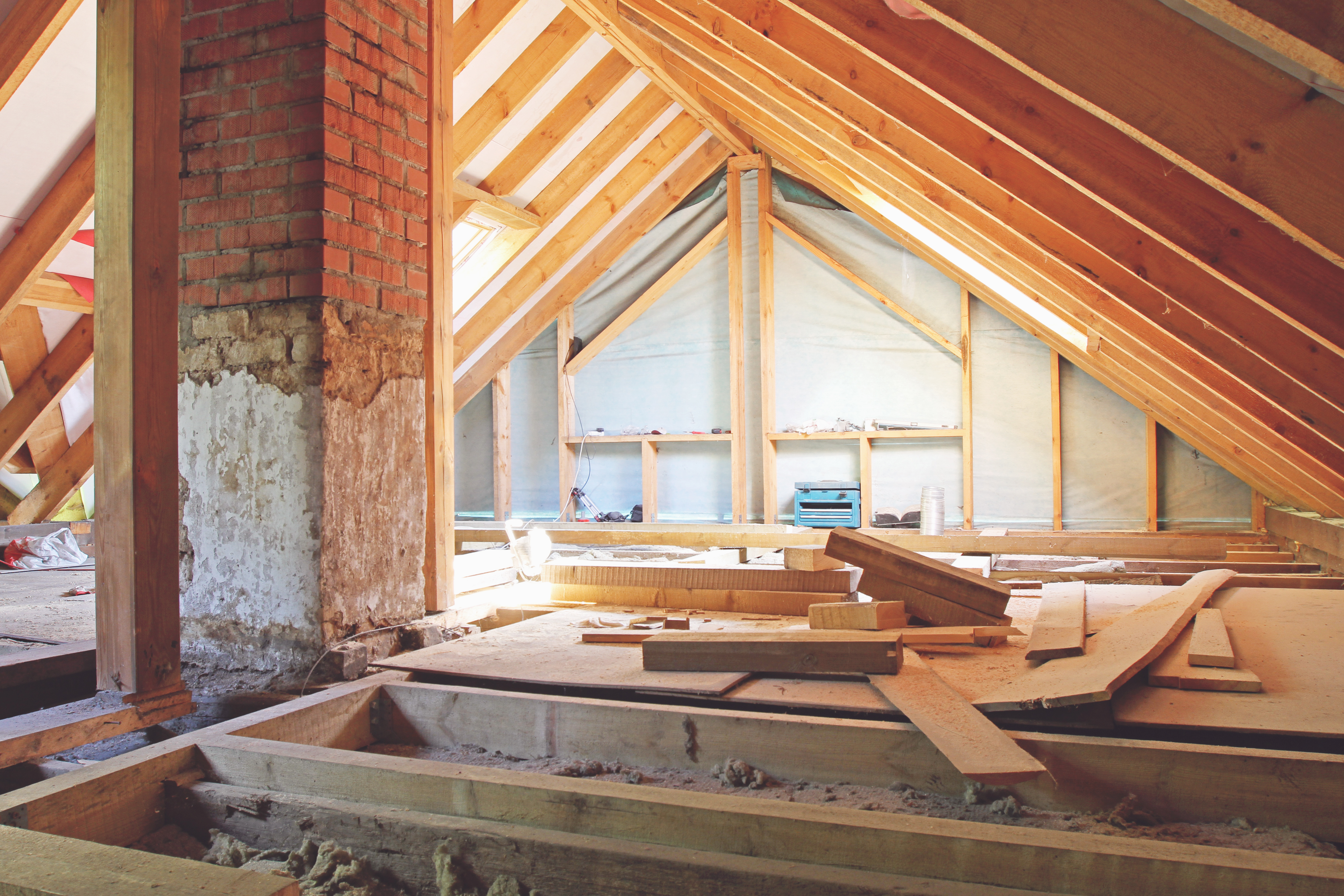
Curious how much general contractors charge per hour? Discover hourly rates, key cost factors, and tips to save on your next home project.
A good general contractor can make all the difference


A general contractor is responsible for the day-to-day management of home renovation or construction projects.
Hiring a general contractor keeps your project compliant, within budget and scope, and running on time.
General contractor costs can be high, and if you hire a bad one, your project can become a construction catastrophe.
Hiring a general contractor can relieve the stress of juggling budgets, timelines, tradespeople, and building code regulations when embarking on a major home renovation or construction project. However, taking on the wrong one can be a recipe for costly remodeling ruination. Understanding the pros and cons of hiring a general contractor will help you decide when it’s worth the investment and how to avoid shady professionals.
When taking on this project, expect questions only a pro can answer. With our network of local pros, you'll get the job done and your questions answered—without the hassle and stress of doing it yourself.

A general contractor is a licensed professional responsible for executing and overseeing the day-to-day management of complex renovation or construction projects involving multiple trades—think building a new home or bump-out addition.
General contractors wear multiple hats and are often regarded as the conductors of the construction world, juggling the project's different parts to help achieve your dream design. They handle everything from timelines to budgets to hiring and supervising tradespeople. Importantly, they also make sure your project is building code compliant.
| Pros | Cons |
|---|---|
| Saves time and stress | High cost |
| Quality construction | Less flexibility |
| Ensures compliance | Potential miscommunications |
| Manages budget | Some dodgy contractors |
Take a look at some of the pluses of hiring a general contractor to help you decide if it will be worth it when you're undertaking a major home makeover.
Sizeable remodeling projects, such as building a room addition or refinishing a basement, are serious undertakings. Coordinating multiple tradespeople, purchasing materials, and obtaining building permits can feel like a full-time job and prove too much for a busy homeowner.
Plus, your anxiety levels—and, consequently, that of your family—can go through the roof if there are unexpected structural issues, spiraling costs, or slipping timelines. A general contractor can calm your nerves by keeping things on schedule, within budget, and running smoothly.
If you lack construction and project management experience, trying to DIY large parts of the work or juggling a bunch of unknown tradespeople increases the chance of shoddy work.
Reputable general contractors know what materials are best to build with, the techniques to use, and who should handle the work. They’ll hire, manage, and pay electricians, plumbers, plasterers, flooring installers, and other subcontractors with whom they have an established relationship to help achieve your vision.
Working out what permits you need for home additions or improvements is tricky. Even just filling out the forms can be a headache, and if you get it wrong, it can be a costly, potentially insurance-invalidating issue. General contractors can help you obtain permits, prepare for inspections, and work within local coding regulations.
It’s easy to overspend when you don’t have experience managing multiple tradespeople on a big build. A general contractor will help you set a realistic budget, work with reasonable and reliable subcontractors and suppliers, and regularly review the spreadsheets to make helpful adjustments and prevent unnecessary scope creep.
Before you sign a contract, it’s worth being aware of the downsides of hiring a general contractor. Even if it’s just to make sure you pick a reputable professional.
General contractor costs average between 10% and 20% of the overall project cost, with daily rates of $300 to $500. It’s always worth negotiating with your contractor to settle on the most reasonable rate.
It can be tempting to take on this role yourself to save on what is already a costly undertaking. However, poor budgeting and bad subcontractor management can cancel out any savings you make. Plus, general contractors can often negotiate discounted rates from their regular suppliers and subcontractors.
Good general contractors can have waiting lists, and if you want to make changes part way through a project, you could incur additional fees.
You have total autonomy when you are your own general contractor. It’s ideal if you prefer a hands-on approach, meaning you have control over timelines and supplier and subcontractor selection.
General contractors aren’t mind readers. If you find it difficult to convey your vision for the project, they could misinterpret your project goals, resulting in delays and costly errors. Clear communication from the outset and knowing how to air your grievances with a contractor politely are essential for forming a successful partnership.
You’ve likely heard horror stories about home renovations gone wrong. Often, this relates to dodgy contractors who mismanage the project or, in the worst-case scenario, take your money and vanish before work is complete. Knowing the signs of a bad contractor and asking the right questions before signing a contract reduces the risk.

Depending on the size and scope of your home renovation project, you won’t always need to hire a general contractor. Sometimes, the professionals below will be a better alternative.
Hire a local handyperson when the job is smaller, simpler, and doesn’t involve licensing or multiple trades.
Hire an architect near you to help you realize your dream design vision while ensuring it is safe and functional.
Hire an interior designer or interior decorator to freshen up your space with new furnishings and finishings.
Forgoing a general contractor might be appealing when you’re trying to tighten your home remodel budget. However, when undertaking a large-scale project that will take weeks (or months) to complete and involves structural changes and numerous tradespeople, hiring a general contractor near you is a worthwhile investment.
Being your own general contractor and juggling all the project elements when you don’t have construction experience is a steep learning curve. Get it wrong, and it can lead to overspending, errors, permit problems, and a heck of a lot of stress.
From average costs to expert advice, get all the answers you need to get your job done.

Curious how much general contractors charge per hour? Discover hourly rates, key cost factors, and tips to save on your next home project.

Discover storm damage repair costs, key price factors, and ways to save. Get transparent estimates to plan your home repairs with confidence.

Strong floor joists are the key to a structurally safe home. The cost of floor joist repair will often come down to what is causing the problem.

Common types of ceiling tiles include metal, plastic, and mineral fiber. Explore ceiling tile materials and their strengths and weaknesses in this guide.

Learn when and why a project manager vs. general contractor is better for major home makeovers or construction projects with this comparison guide.

The main parts of floor framing include the sill, rim joists, and other joists. Learn how this wood may require repairs against water or insect damage.